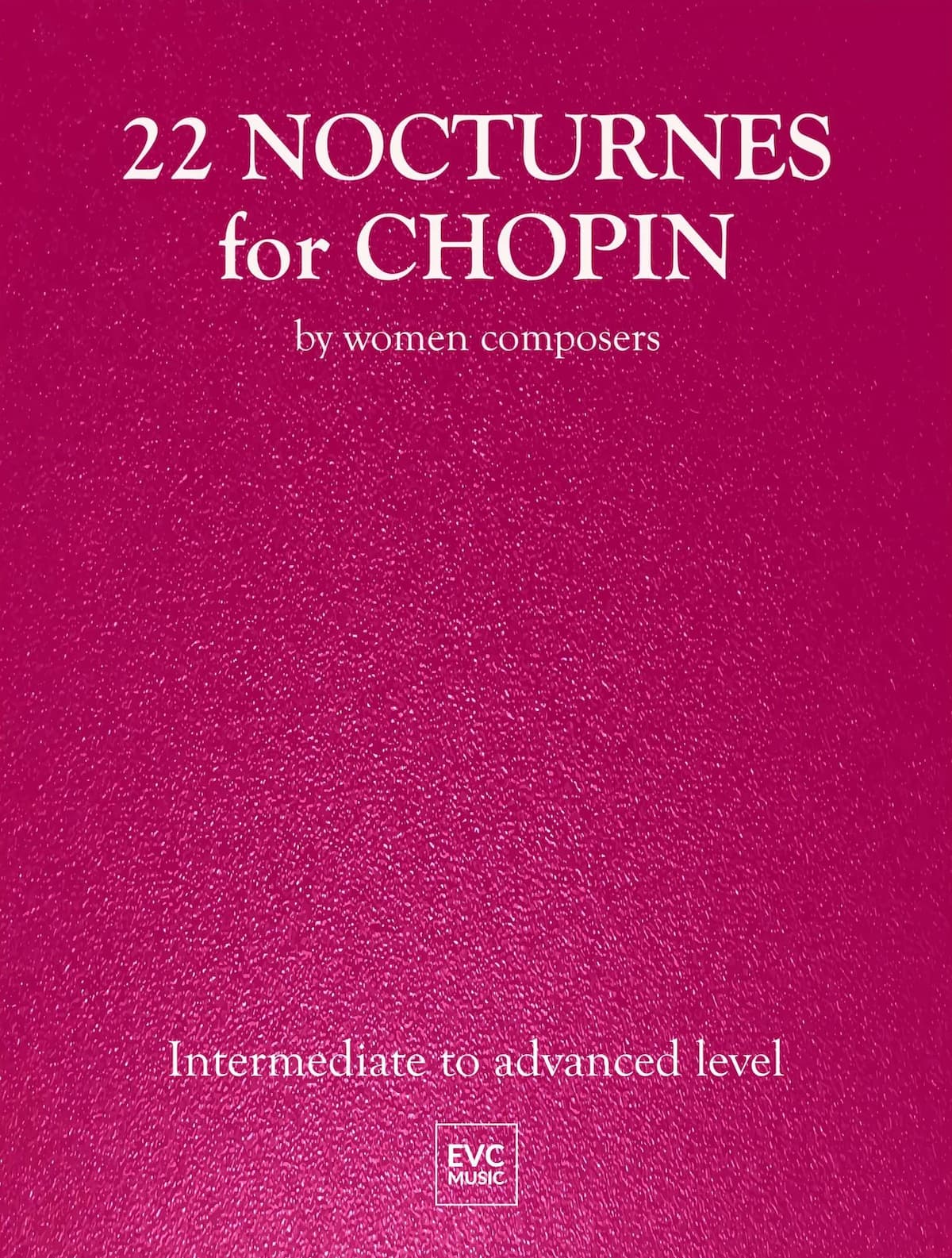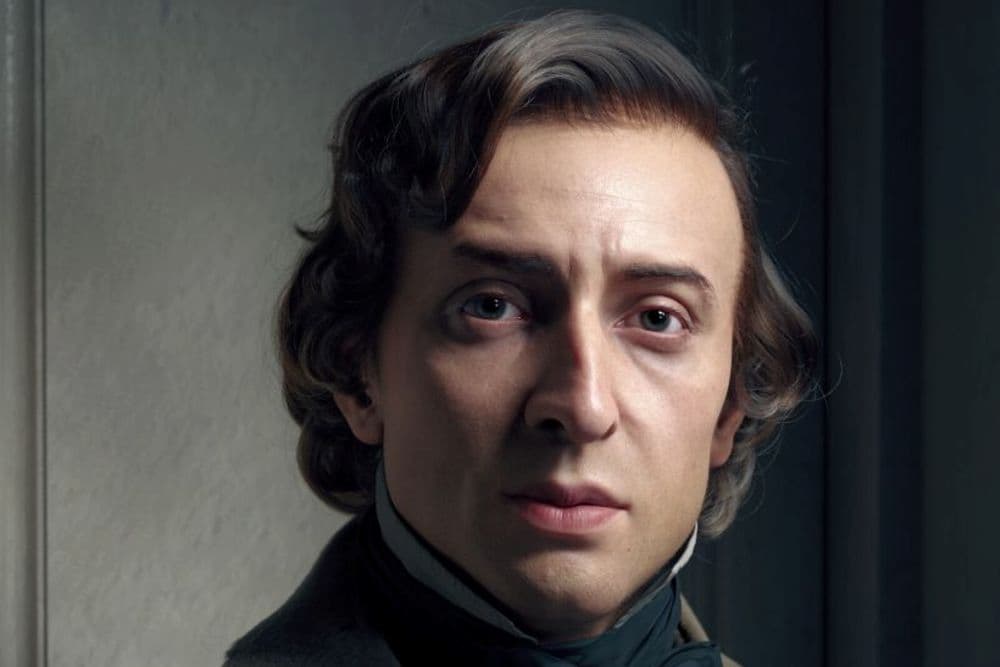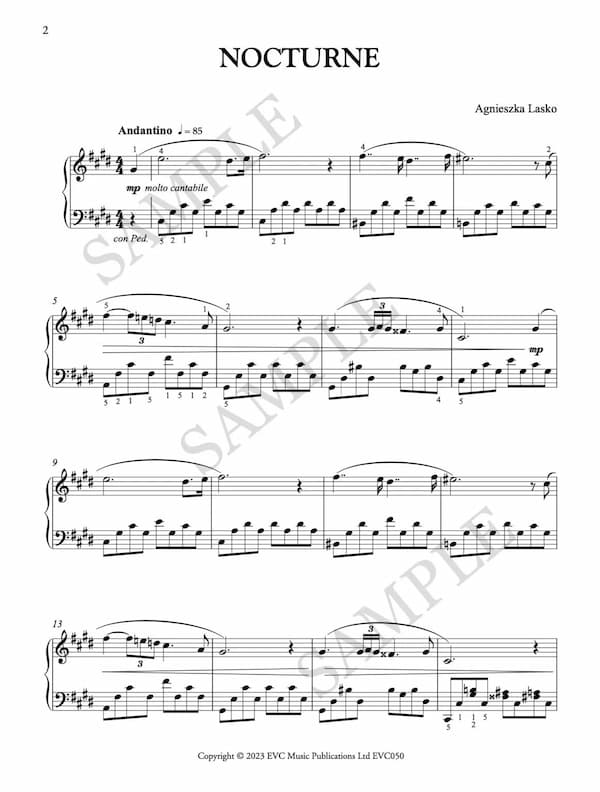It's all about the classical music composers and their works from the last 400 years and much more about music. Hier erfahren Sie alles über die klassischen Komponisten und ihre Meisterwerke der letzten vierhundert Jahre und vieles mehr über Klassische Musik.
Total Pageviews
Wednesday, October 25, 2023
SO YOUNG - The Corrs Live in Manila 2023 [HD]
A. Piazzolla. Libertango
Joseph Joachim Romanze in C
Tuesday, October 24, 2023
Kodály: Háry-János-Suite ∙ hr-Sinfonieorchester ∙ Juraj Valčuha
Monday, October 23, 2023
WHEN THE POLICE HEARS BOHEMIAN RHAPSODY - QUEEN - VIOLINE - 432HZ
Sunday, October 22, 2023
The Walker Brothers - The Sun Ain't Gonna Shine Anymore! (1966) 4K
Carl Loewe(1796-1869): Symphony Nº 1 in D minor (1832)
Carl Loewe - his music and his life
Carl Loewe, (born Nov. 30, 1796, Löbejün, near Halle, Brandenburg [Germany]—died April 20, 1869, Kiel, Prussia), German composer and singer who is best-known for his songs, particularly his dramatic ballads.
Loewe began to compose while still a choirboy in Köthen and completed his musical training in Halle. He frequently toured Europe singing his songs with great success, and in Vienna he was called “the north German Schubert.” Although he wrote operas, oratorios, and much instrumental music, today he is almost exclusively known for his songs. Among these the most-admired include settings of Goethe’s Erlkönig, the Scottish folk ballad “Edward,” “Herr Oluf,” “Archibald Douglas,” and “Tom der Reimer.”
Friday, October 20, 2023
Lucie Silvas - Nothing Else Matters (Radio 2 concert)
22 Nocturnes for Chopin
by Frances Wilson, Interlude
This new anthology is a result of EVC Music’s #CallToWomenComposers worldwide search for talented but not yet published women composers and includes new piano works by twenty-two women composers inspired by Chopin’s Nocturnes.

The project was initiated by Rose McLachlan, talented daughter of Scottish pianist and pedagogue Murray McLachlan, as part of her Masters degree. Applications were open to women composers aged 14+ and EVC Music received over eighty pieces in a variety of styles from romantic to experimental. The pieces were selected blind: the selection committee was presented with ‘nameless’ scores, and sixteen pieces were chosen in addition to six pieces commissioned from established women composers.

Rose McLachlan, pianist
Chopin dedicated almost all of his piano works to a woman; for example, his Op25 Etudes are dedicated to Marie d’Agoult, and other works were dedicated to female friends or talented students. Thus, this new anthology of piano music by women composers completes the circle, as it were.
The featured composers are from the UK, Ukraine, Israel, Poland, Canada and the USA. Most have not been published before; some have contributed pieces to exam syllabuses; each brings their own authentic voice to their music, and the result is a varied collection of music of intermediate (cGrade 6) to advanced level (cGrade 8).

Frédéric Chopin © Hadi Karimi
Many of the pieces display the typical characteristics of Chopin’s Nocturnes (and indeed John Field’s before him), with flowing, arpeggiated accompaniments, songful, lyrical melodies embellished with ornaments, fiorituras, improvisatory or cadenza-like passages, and chromaticism. The harmonies are in general consonant, with some unexpected piquancies or key shifts which add interest and character to the music. Interestingly, almost all the pieces are scored in a minor key. Some feel very close to Chopin’s originals, and the uninitiated listener could be forgiven for thinking some of these pieces are actually by Chopin. This may be because some are directly inspired by specific Nocturnes (e.g. Nos. 8, 13, 19, 20), while others are influenced by other works by Chopin or by Bellini’s Bel Canto arias, which inspired Chopin himself (e.g. No. 12 Triste by Victoria Proudler). Some take their inspiration from literary or poetic sources and the natural world (e.g. No. 17 Waves Collide with the Precipice by Charlotte Botterill); a handful take a rather more leftfield approach, incorporating more ambiguous or atonal harmonies and rhythms inspired by ragtime and jazz (No. 22 by jazz pianist and composer Zoe Rahman). All are infused with the nostalgia, poignancy, and Zal of Chopin’s music.

A sample page from the piano anthology
This is an interesting and attractively produced anthology, with clear engraving on thick cream paper. A QR code links back to the publisher’s website with information about the composers and brief notes on each of their Nocturnes, plus audio links to listen to each one.
As an introduction to the Nocturne genre as well as an anthology of brand new piano music for intermediate to advanced students, this is a welcome addition to the repertoire and a useful resource for teachers and students who may wish to study attractive contemporary Nocturnes alongside Chopin’s originals.
